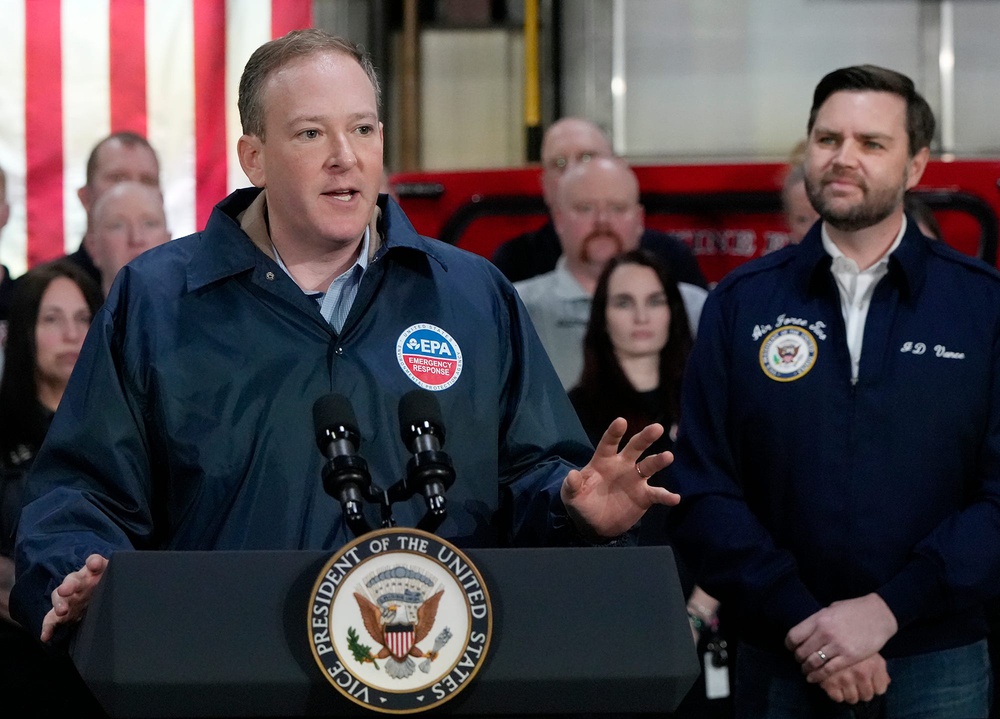U.S. News
U.S. Set to Eliminate Eco-Friendly Tech That Stops Engines at Red Lights
By Jake Beardslee · May 12, 2025
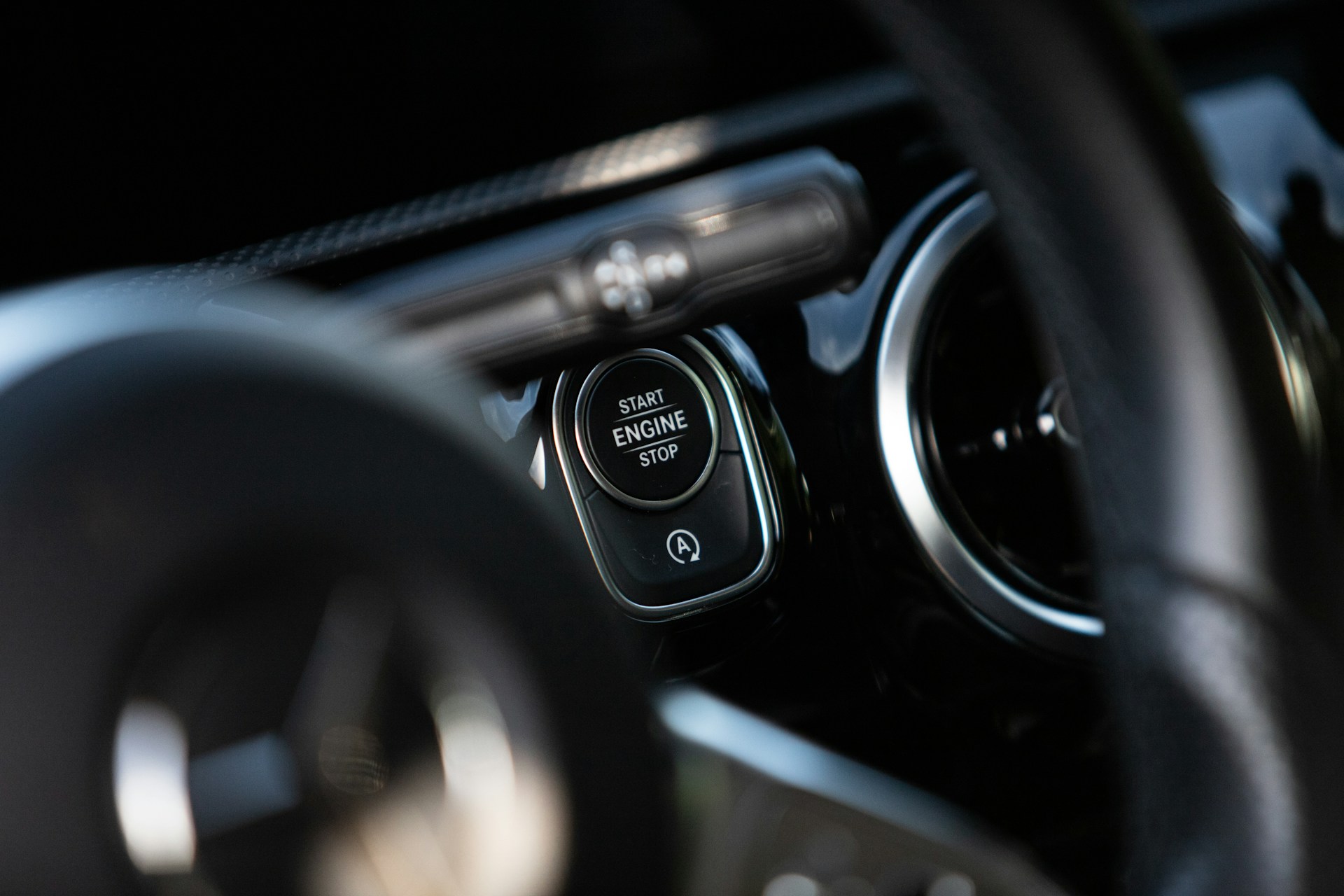
Trump Admin Targets Emissions Tech That Shuts Engines at Red Lights
The Trump administration is signaling plans to roll back regulations supporting automotive "stop-start" systems—a move that could phase out the widespread technology designed to reduce emissions at idle. These systems, which automatically shut off a car's engine when stationary, have become standard in modern vehicles as a way to meet stricter environmental standards. Benjamin Brunner / Unsplash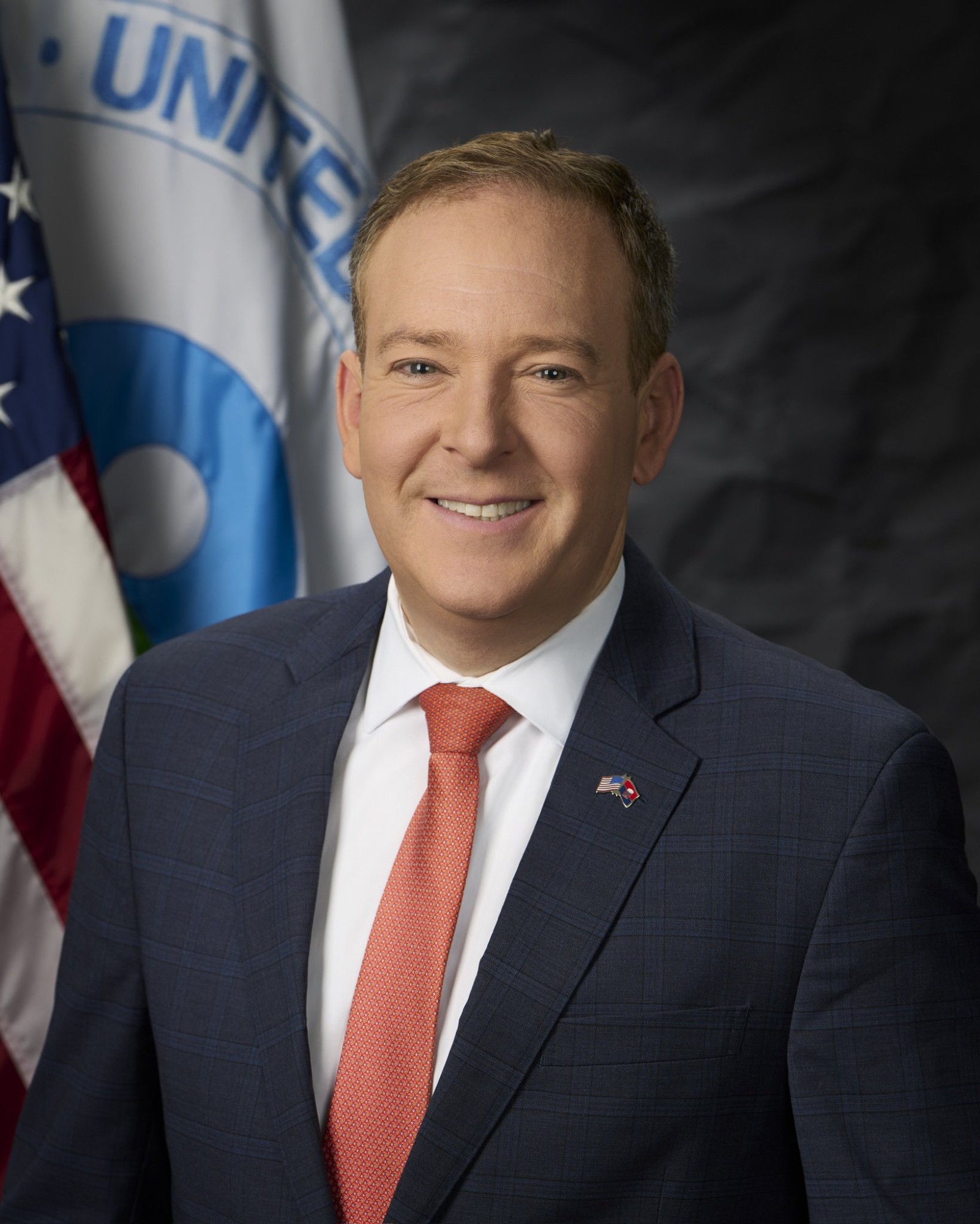
EPA Chief Zeldin Blasts Stop-Start Systems in X Post
Lee Zeldin, the recently appointed head of the Environmental Protection Agency (EPA), posted Monday on X (formerly Twitter): "Start/stop technology: where your car dies at every red light so companies get a climate participation trophy. EPA approved it, and everyone hates it, so we’re fixing it." EPA / Wikimedia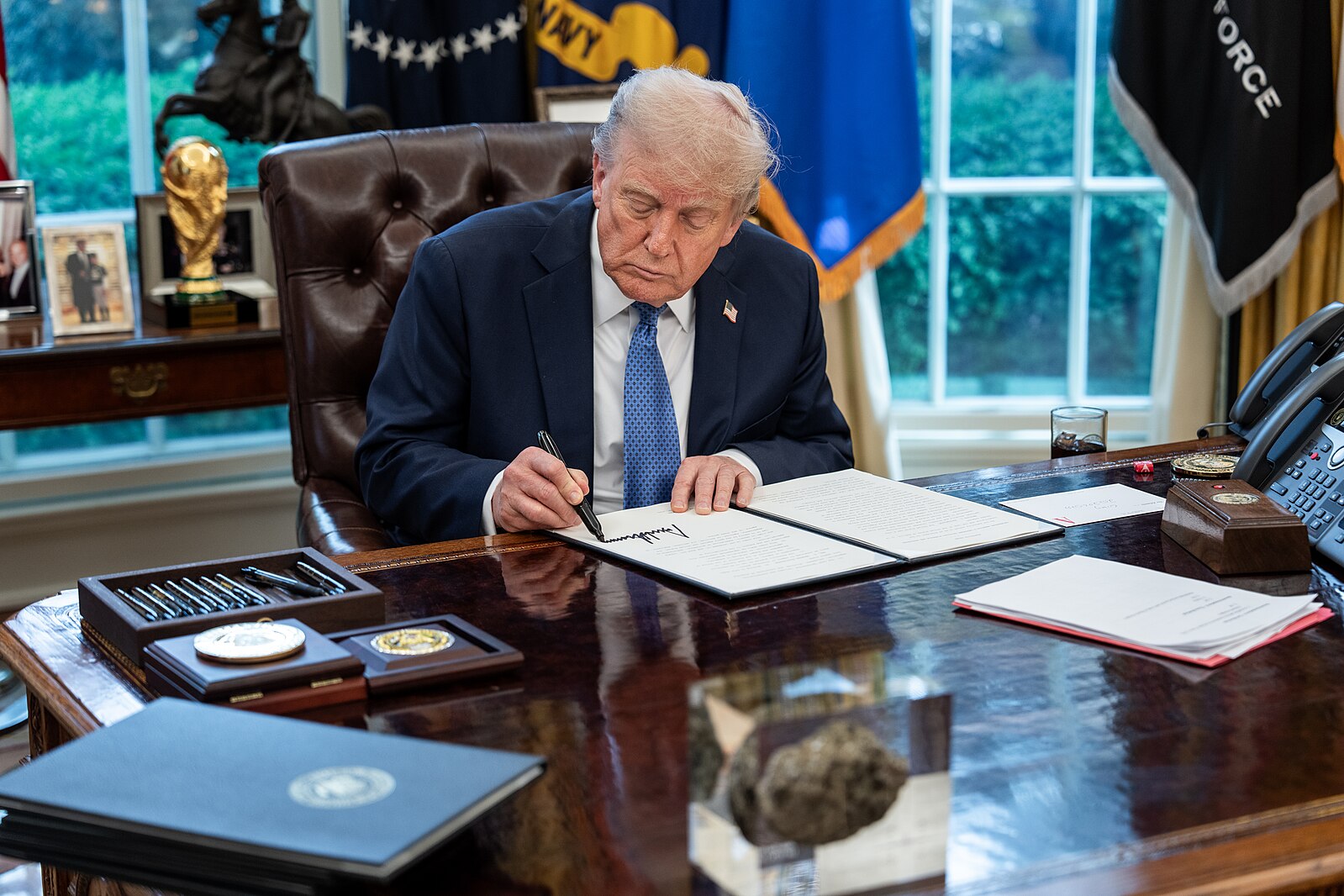
Regulatory Repeal Order Drives Push to Scrap Eco Car Features
This signals yet another reversal of Obama-era and international climate goals under Trump’s broader deregulatory strategy. In January, the president signed an executive order requiring federal agencies like the EPA to repeal ten existing regulations for every new one enacted. The White House / Wikimedia
Stop-Start Systems Praised for Cutting Emissions and Saving Fuel
Stop-start systems, first introduced by Toyota in the 1970s, have gained global traction due to their efficiency in reducing pollution and improving fuel economy. Environmental bodies have credited these systems with helping lower carbon dioxide emissions, and some regulators award higher eco-ratings to vehicles with default-on stop-start systems. Erik Mclean / Pexels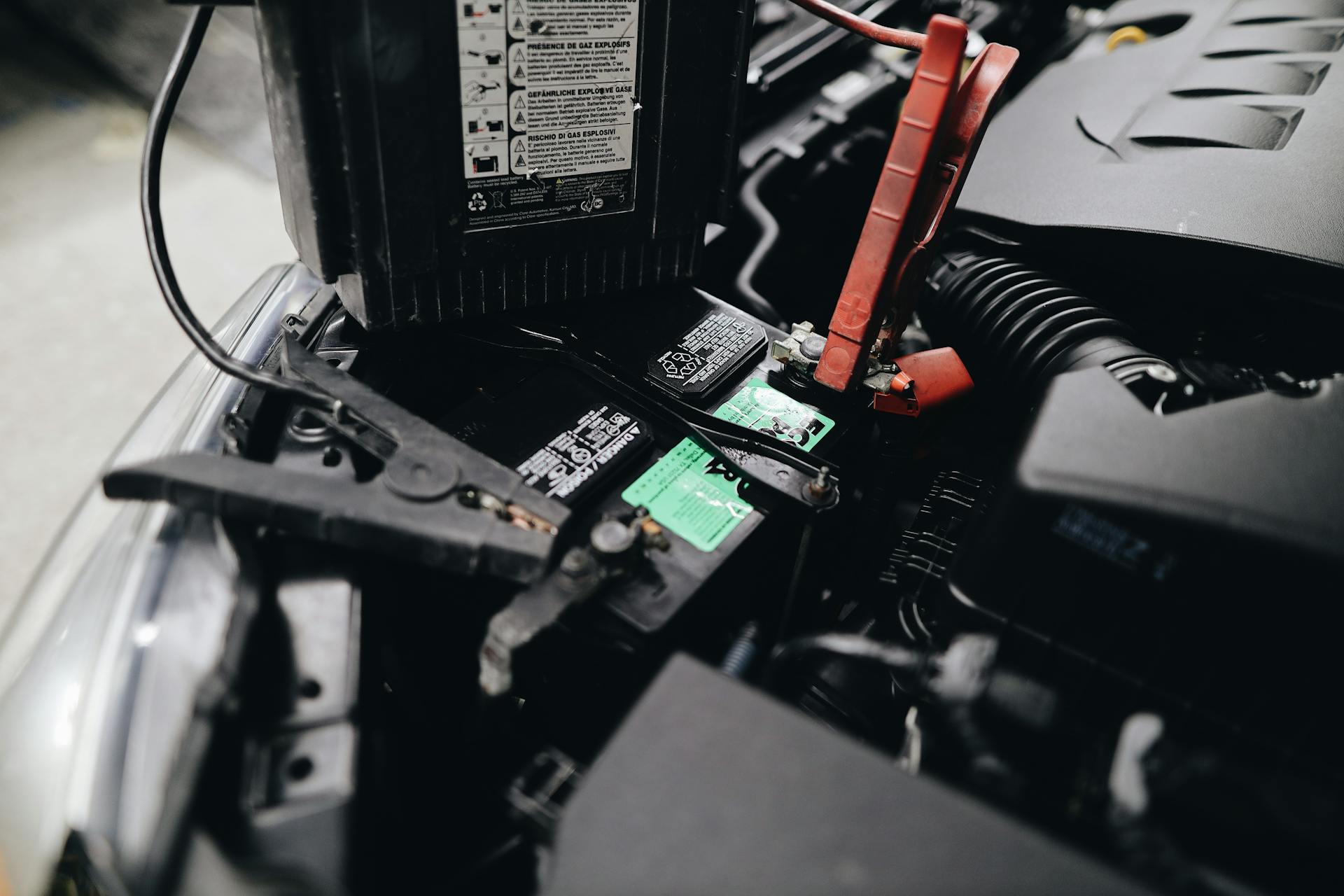
Drivers Remain Divided Despite Research Supporting the Tech
Still, many American drivers reportedly dislike the feature and often disable it manually. Critics worry it may increase wear and tear or drain car batteries. Julia Avamotive / Pexels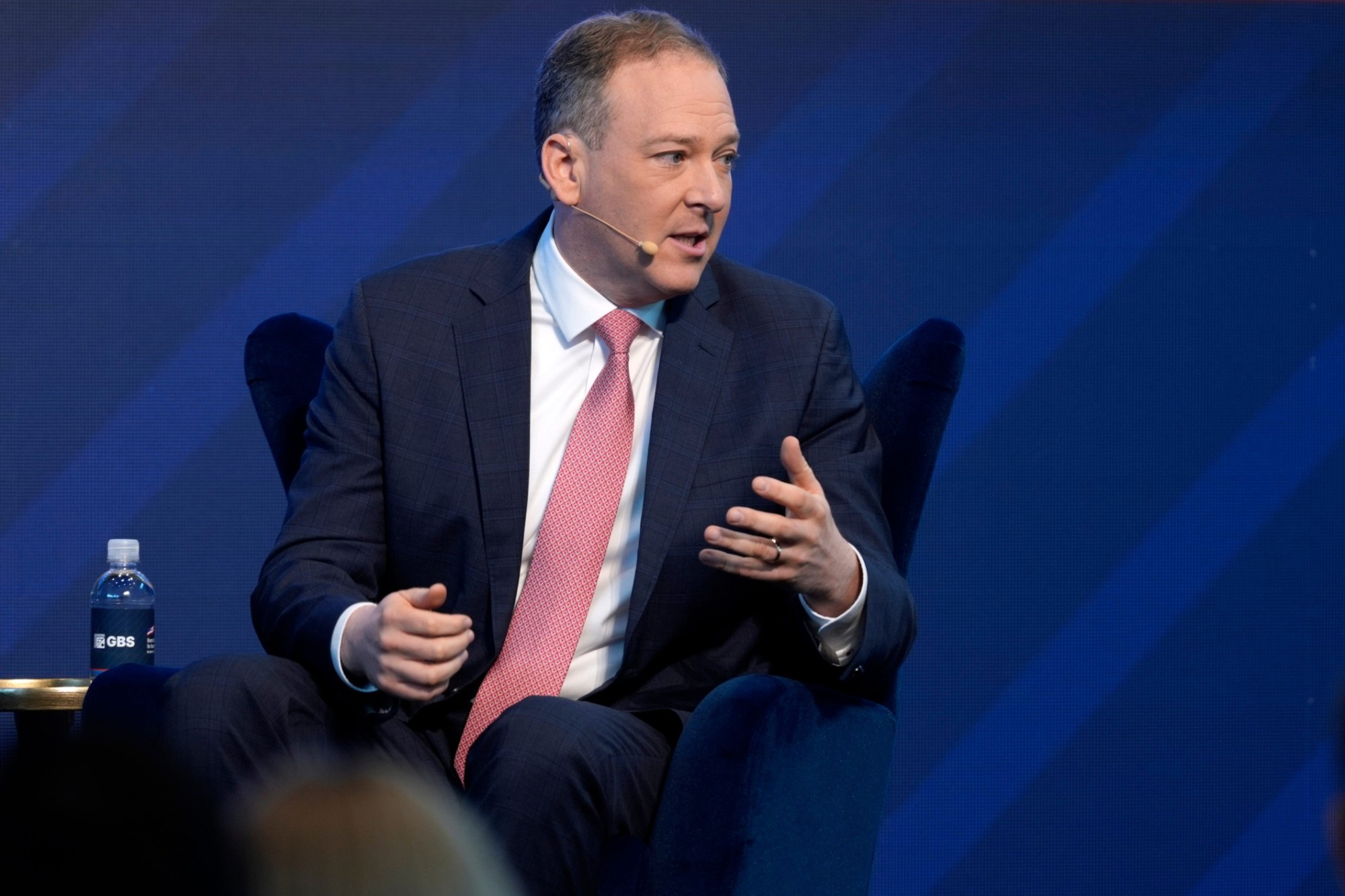
Zeldin Frames Rollback as Fight Against Regulatory Bloat
Zeldin's statement aligns with the administration’s goal to remove what it sees as regulatory overreach, arguing such rules increase complexity and drive up consumer costs. He has also questioned the benefits of limits on emissions from power stations and indicated a willingness to challenge California’s plan to ban gasoline-powered cars. BRYAN TERRY/THE OKLAHOMAN / USA TODAY NETWORK via Imagn Images